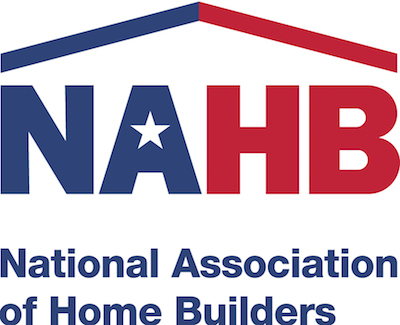Indiana to join states suing over new EPA water rule
The rule has been criticized by some states and industry groups since it was initially proposed due to its expansion of EPA jurisdiction, which was widened to include waters that feed into navigable waterways.
The associations sued the U.S. Environmental Protection Agency and the U.S. Army Corps of Engineers, saying the revised rule brings under federal jurisdiction bodies of water as small as roadside ditches and could burden builders with regulatory compliance and paperwork that could slow construction projects.
Indiana Attorney General Greg Zoeller says the Hoosier State will join a lawsuit challenging the Environmental Protection Agency’s new water rule.
He said farms that discharge water or wastewater might have to obtain federal permits or face fines under the new regulation.
A bipartisan group of state attorneys general in Georgia, West Virginia, Alabama, Florida, Kansas, Kentucky, South Carolina, Utah and Wisconsin filed the lawsuit on behalf of their states alleging the “Waters of the United States” definition exceeds the EPA’s authority and violates the 10th Amendment of the United States Constitution.
Indiana will join a multistate lawsuit against the federal government, accusing the EPA of overreach in its water rule. It was finalized June 29 and takes effect August 28.
According to the EPA, the waters affected would be only those with a “direct and significant” connection to larger bodies of water downstream that are already protected.
Explaining that “clean water upstream means cleaner water flowing into rivers, lakes, bays and coastal waters”, the EPA assures that the intent of the Clean Water Rule is to more precisely define which waters are protected under the Clean Water Act, thereby making the law easier for business and industry to understand.
“Once again, the Environmental Protection Agency has stretched beyond its authority under federal law, and they must be held accountable”, the governor says in a statement. “They can not be allowed to continue to expand federal authority over more aspects of Hoosiers’ lives”.








